By the same author
Silence: In the Age of Noise
Walking: One Step at a Time
Erling Kagge
THE PHILOSOPHY OF AN EXPLORER
16 Life Lessons from Surviving the Extreme

PENGUIN BOOKS
UK | USA | Canada | Ireland | Australia
India | New Zealand | South Africa
Penguin Books is part of the Penguin Random House group of companies whose addresses can be found at global.penguinrandomhouse.com.

First published in Norweigan as Als jeg ikke lrte p skolen by Kagge Forlag AS 2005
First published in English as Philosophy for Polar Explorers by Pushkin Press 2006
Published by Viking 2019
Published as The Philosophy of an Explorer in Penguin Books 2021
Copyright Kagge Forlag AS, 2005, 2006, 2019
English translation: Kenneth Steven
Foreword translation: Diane Oatley
The moral right of the copyright holder has been asserted
Every effort has been made to trace copyright holders and to obtain their permission for the use of copyright material. The publisher apologizes for any errors or omissions and would be grateful to be notified of any corrections that should be incorporated in future editions of this book
ISBN: 978-0-241-99399-6
This ebook is copyright material and must not be copied, reproduced, transferred, distributed, leased, licensed or publicly performed or used in any way except as specifically permitted in writing by the publishers, as allowed under the terms and conditions under which it was purchased or as strictly permitted by applicable copyright law. Any unauthorized distribution or use of this text may be a direct infringement of the authors and publishers rights and those responsible may be liable in law accordingly.
For Ingrid, Solveig and Nor
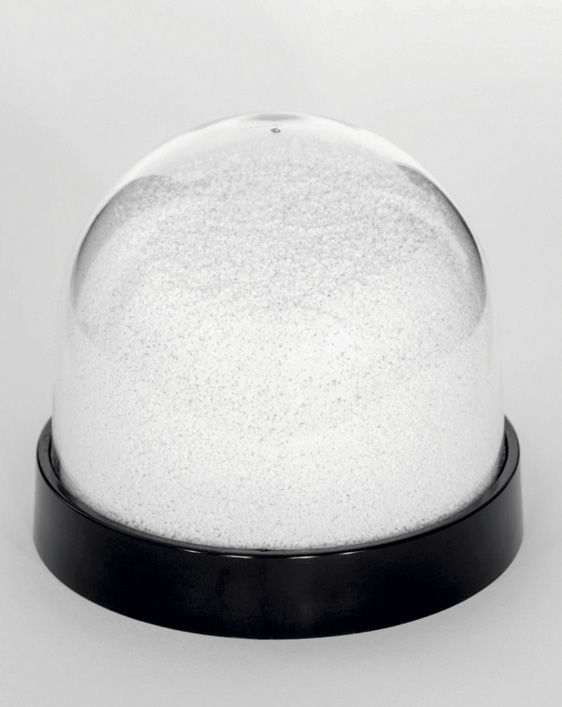 The Snow Globe
The Snow Globe, Ceal Floyer
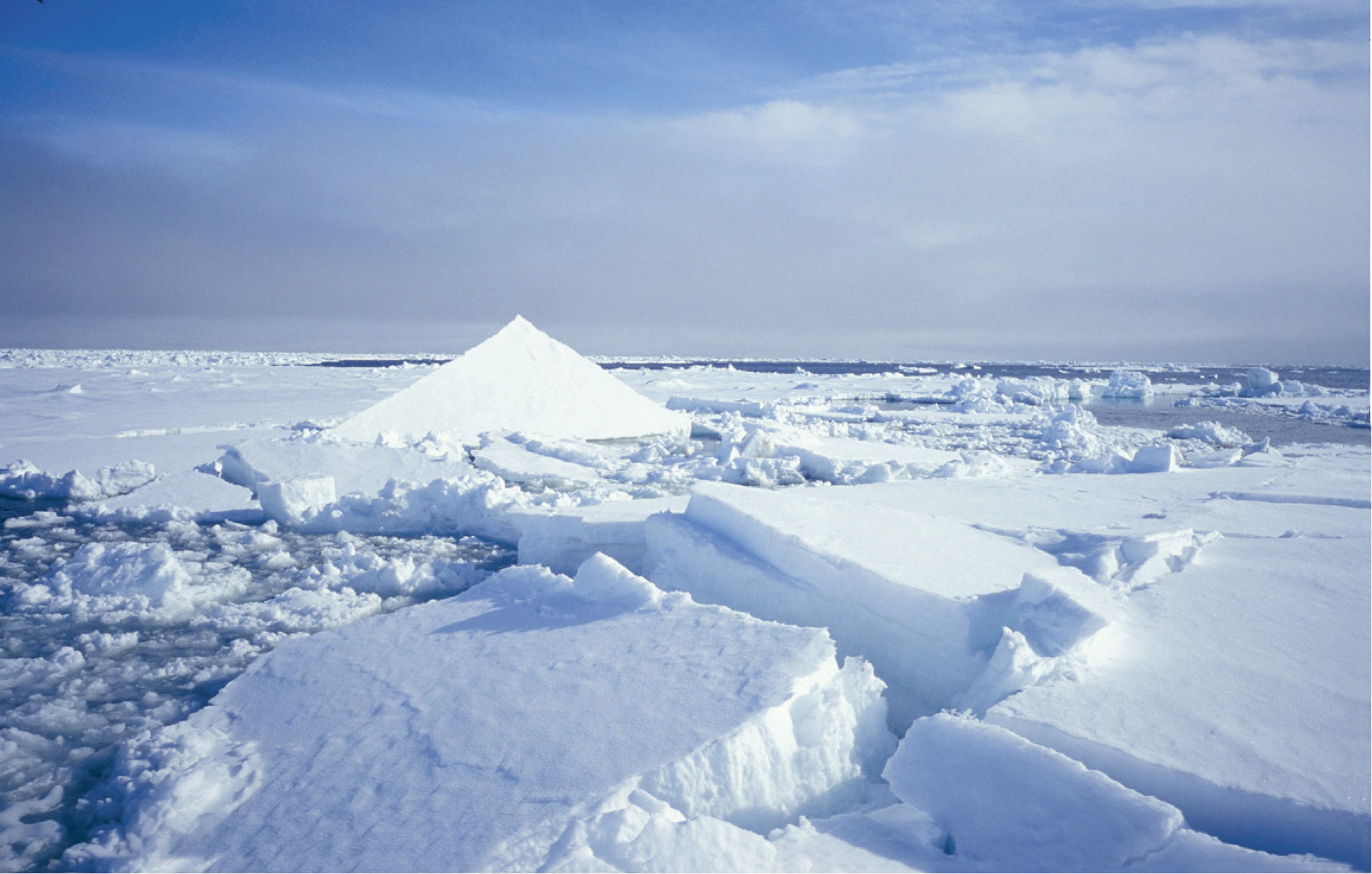
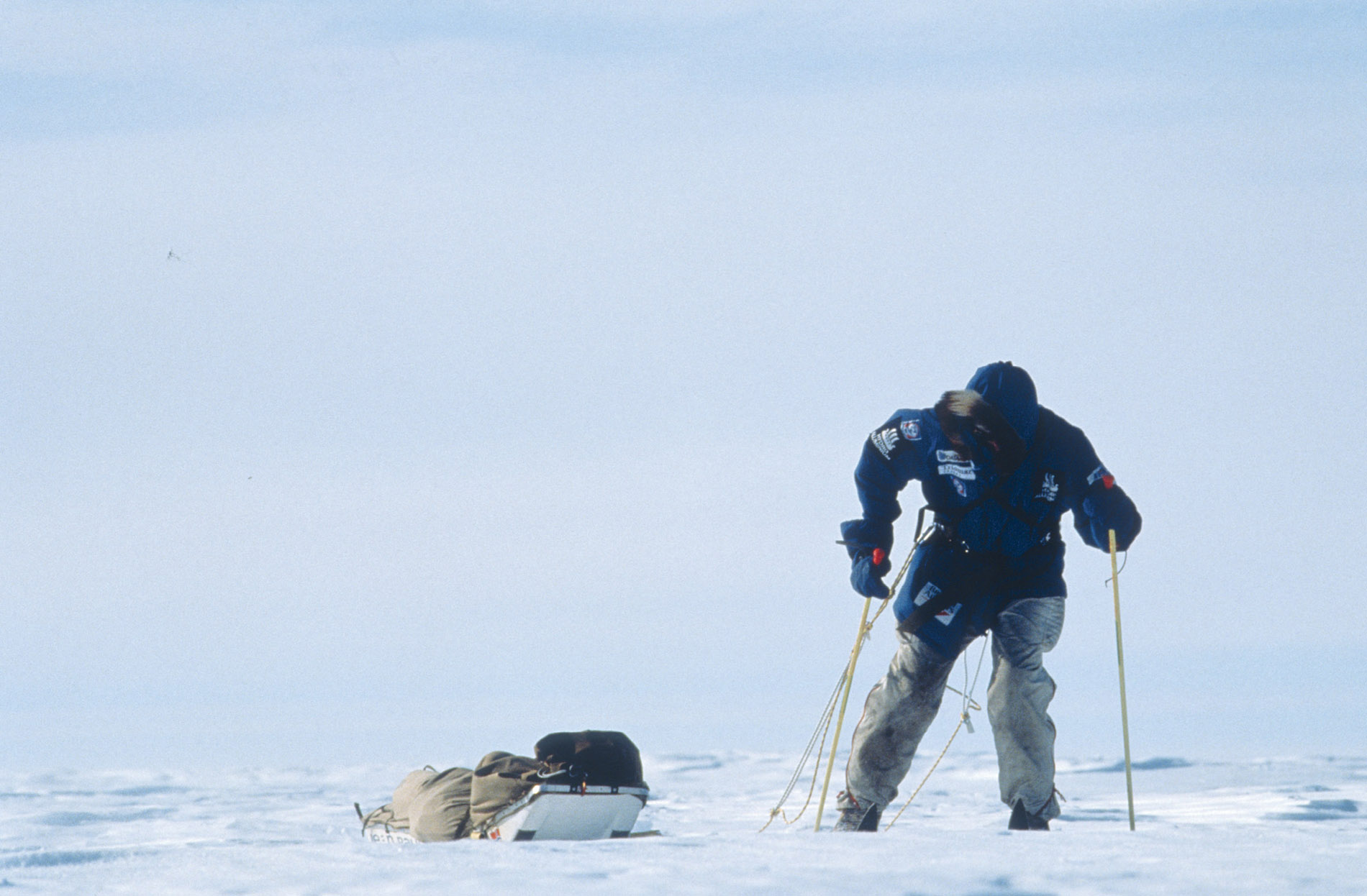
Foreword:
Ground Yourself in Nature
When I am feeling cold beneath the open sky, theres an easy way to warm up: I pull the hood of my anorak over my head, draw the zipper up to my throat and pick up my pace. When my body heat returns, first in my torso and then down my arms to my wrists and finally underneath my fingernails, I can stop. Then I take out a mandarin, peel it and slowly suck out the juice by pressing each section gently against the roof of my mouth with my tongue.
Suddenly I feel connected: connected with the person who planted the tree, with the water the tree has drunk through its roots, the earth that cushions these roots, the branch that has carried the mandarin from fertilization to fruition, and the sun that has helped to ripen it. And I feel grateful. Grateful for being warm again and for the feeling of being in contact with the rhythms of nature.
At other times when Im out on a walk, its as if Im not thinking at all. At any rate, I seldom notice any activity along the way. My mind goes into hibernation, and only very occasionally a solitary observation will cross it: how the snowflakes beneath my skis are created by a tiny drop of water, ten or twenty kilometres above the Earths surface, becoming, piece by piece, a six-sided prism, consisting of 90 per cent air. How it then floats down through the atmosphere and lands on the ground in front of me. No two snowflakes are alike and none follow the same route. They are often, though not always, symmetrical. Until my skis compress them, that is.
Nature has its own language, experiences and consciousness. It tells us where we come from and what we should do on the road ahead. I grew up without a television or a car (my father considered both to be dangerously unhealthy) and spent a lot of my free time in the forest, by the sea and in the mountains, so I have been spoon-fed with this knowledge. Today, when we are expected to be available at all times, grounding yourself in nature can be hard. I forget about it myself sometimes, and when I look around I get the feeling that many people forget about it all the time.
The more I remove myself from nature and the more I increase my availability to the modern world, the more restless I become. The more unhappy, too. I am no scientist and realize that I may be mistaken, but my experience has been that feelings of insecurity, loneliness and depression to a large extent stem from the flattening of the world that occurs when we are alienated from nature. There is, of course, much to be said in favour of man-made environments and new technology, but our eyes, nose, ears, tongue, skin, brain, hands and feet were not created for choosing the road of least resistance. Mother Earth is 4.54 billion years old, so it seems to me arrogant when we dont listen to nature and instead blindly place our trust in human invention.
In 2010 my fellow polar explorers, Brge Ousland from Norway and Haraldur rn lafsson from Iceland, and I crossed Vatnajkull (also known as the Water Glacier), Icelands largest glacier. We travelled light and carried everything we needed in the way of food and equipment on our respective pulks. By volume, Vatnajkull is the largest glacier in Europe. It is made up of 3,100 cubic kilometres of ice and covers 8,100 square kilometres of south-east Iceland. As is often the case with Icelandic glaciers, there are a number of volcanoes beneath the ice. While we were on our way across it, a volcanic eruption broke out in the neighbouring glacier, Eyjafjallajkull. Hundreds of people were immediately evacuated and the air traffic above a large part of Europe was suspended because of the clouds of volcanic ash. We were never in danger, but the experience made me aware of how a small volcano eruption in a remote region of Iceland can have huge consequences for an entire continent. Large volcanic eruptions can change the whole world. I sometimes wonder if we need natural disasters like these to remind us of the Earths rhythms and forces. Id like to think thats not the case, or at least that we can choose to reconnect with nature from time to time in a more peaceful way.
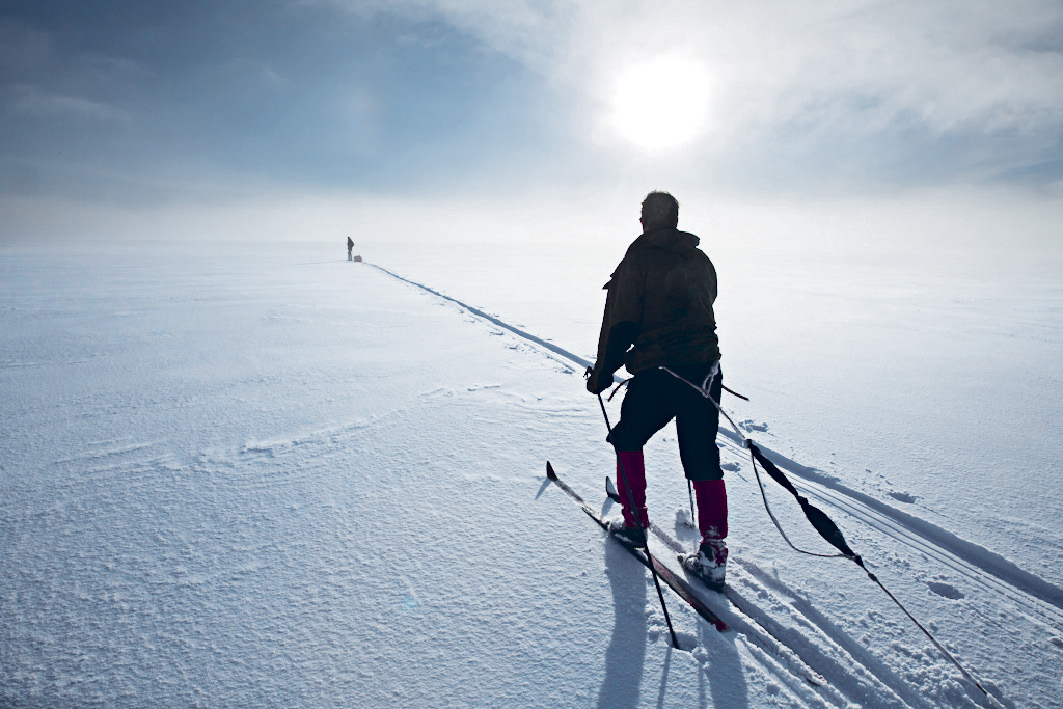
During the first twelve years of my life my parents sent me outdoors in all kinds of weather. I believe I liked it, but then I grew bored with it in my early teens. I began putting my energy into indoor activities and partying instead. Seven or eight years later I started yearning for nature again. I missed the forest, the mountains and the ocean, the feeling of physical exertion in the outdoors. It was a yearning that came from inside me, a deep-felt need for close contact with elements not made by machines. To feel the sun, rain, cold, wind, mud and water on my body. To listen.
The Irish polar explorer Ernest Shackleton struggled longer and froze more than I have ever done, but I can identify with some of the thoughts he described towards the end of his life as an explorer: We had seen God in his splendours, heard the text that nature renders. We had reached the naked soul of man.

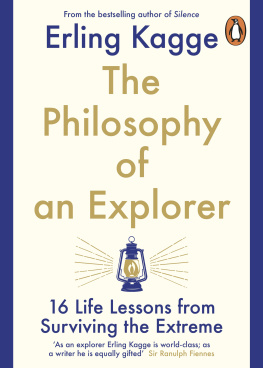
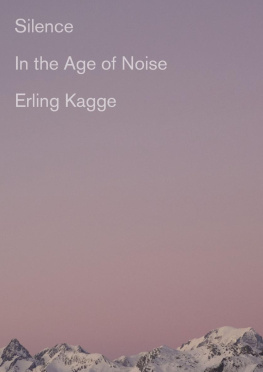
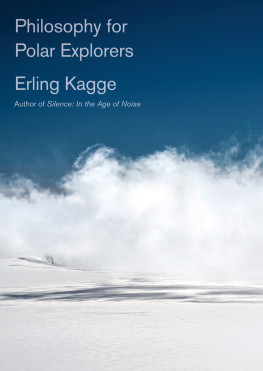
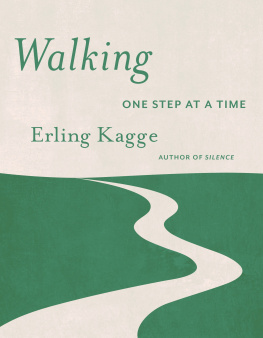
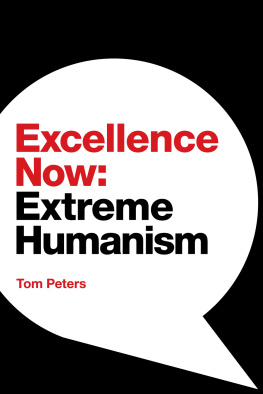

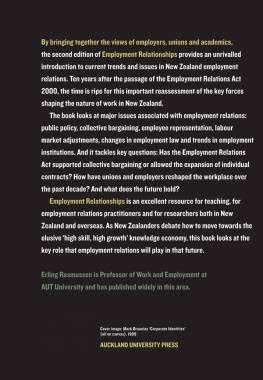
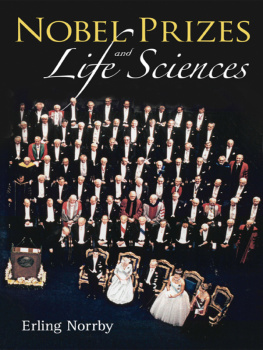

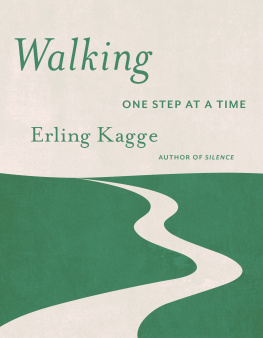




 The Snow Globe, Ceal Floyer
The Snow Globe, Ceal Floyer

